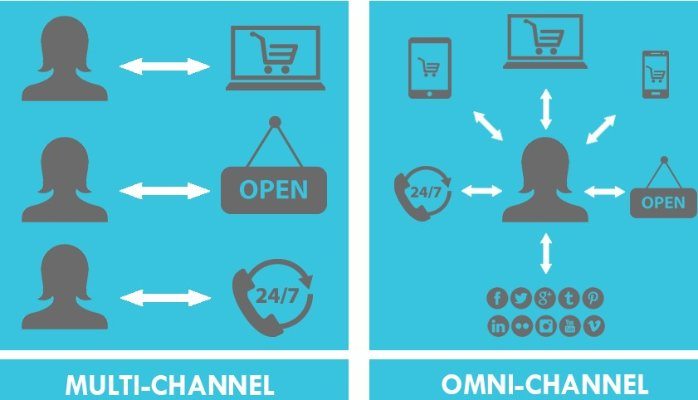Yesterday I read a wonderful blog about a gentleman who was communicating with his bank via his mobile phone using chat. At the end of the chat, the representative told the customer he would need to call the toll free number to accomplish his requirement. The customer asked, “can’t you just call me so that I don’t have to start all over again with a new representative?”. The agent told him he could not because their chat application is on a different system than their voice system. The end result of this transaction was a customer who did not feel as though they had a good customer experience. If this was your contact center engaging with your customer, would there have been a different result?
Perhaps companies are not taking into consideration how people communicate with their associates, friends and family. Let’s look at Skype for example. With Skype, I can be in a chat with my father, share documents or pictures, switch to video chat, switch back to text chat and then later on in the conversation we may move to voice. Skype is one example of many solutions on the market that are allowing people to communicate via multiple channels with the ability to switch between them at will. This type of communication is what people are used to and what they expect as well from their service providers. Unfortunately, most service providers are using disparate systems which do not allow customers to use multiple media types concurrently.
Another example of how customers want to communicate is a customer waiting for the subway. They engage their service provider either through their mobile app or through web chat. The conversation starts and stops as the customer goes through tunnels on the subway and walks to their office. Once at the office, the customer wants to share a document or a picture that better describes their issue. Perhaps once at their desk, they would like to switch to voice or video. Like my other example, the customer does not want to have to switch to a new agent or call a toll free number when they desire to move to another media.
The good news is it is possible, today, to give your customers the freedom to communicate with your contact center agents in the same manner and with the same media choices with which they communicate with friends and family. Omnichannel contact center platforms allow an agent, through a single interface, to communicate with customers using multiple media communications types simultaneously. With modern omnichannel platforms, the customer can reach out to agents via a mobile app, web chat, their favorite chat applications like WeChat, Line and Viber, Facebook Messenger and more. The customer can choose at any point to move the conversation to another media channel without disconnecting from the agent. The agent can also initiate communication with the customer using the customer’s preferred media type such as SMS.
With mobile apps, web chat, chat apps, Social Media, SMS and omnichannel platforms that allow use of all these medias simultaneously (through a single system), customers can communicate they way they want to and the way they are already communicating with their friends. Freedom to communicate their way is way to create a truly awesome customer experience.
Author: Darren Prine | Original post link: OmniChannel Communications: Let Your Customers Communicate Their Way


